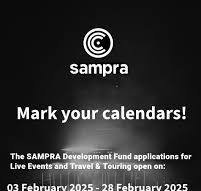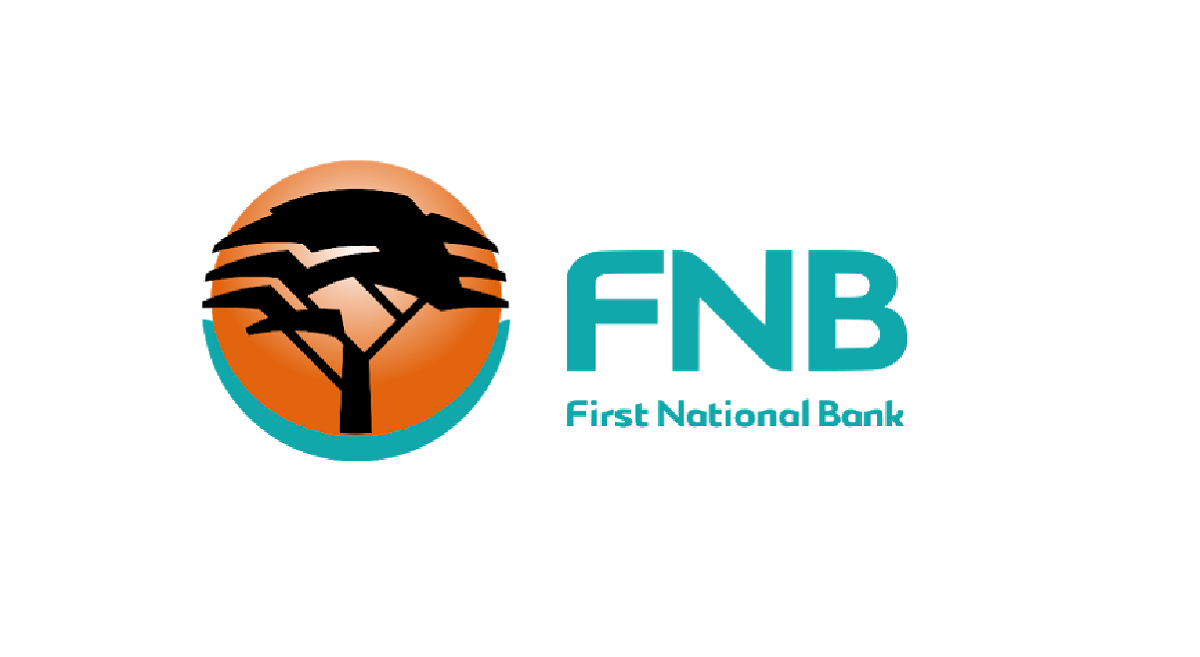FOODBEV SETA: Discretionary Grant Funding for the 2026/27 Financial Year

First Funding Window: Skills Development Grants for the Food and Beverage Manufacturing Sector
The Food and Beverage Manufacturing Sector Education and Training Authority (FoodBev SETA) is pleased to announce the first discretionary grant funding window for the 2026/27 financial year. We invite eligible entities to apply for grants to address critical and priority skills needs within our sector.
Funding Window Dates:
- Opening Date: 17 October 2025
- Best Before: 14 November 2025
- Applications submitted after the due date will not be considered.
1. Purpose of the Grant
- This discretionary grant is designed to fund skills development interventions that directly support the strategic objectives of the FoodBev SETA’s Sector Skills Plan (SSP) and national priorities. The primary goal is to build a sustainable pipeline of skilled, competent, and employable individuals for the food and beverage manufacturing sector.
2. Funding Priorities
- Applicants must prioritise programmes listed on the Sector Priority Occupations Interventions List (SPOIL). Applications for skills or occupations not classified as priority or scarce will require a detailed and compelling motivation for consideration.
3. Who Can Apply?
The following entities operating within the food and beverage manufacturing sector are eligible to apply:
- Levy-paying and non-levy paying employers.
- Public TVET & CET Colleges.
- Public Universities and Universities of Technology.
4. Available Learning Programmes & Grant Values
Please refer to the table below for details on available programmes, grant values, and durations.
- Table 1: Learning Programme Interventions
| Learning Programme | Full Grant Value per Learner | Envisaged Duration |
| AET (Adult Education & Training) | R 5,000.00 | 6 months per learning area |
| Apprenticeship/Artisans (Employed) | R 55,000.00 | 12 months |
| Apprenticeship/Artisans (Unemployed) | R 206,290.00 | 36 months |
| Bursaries (Employed) | R 50,000.00 | Per HEI course duration |
| Bursaries: Research & Innovation (Unemployed) – Master’s | Up to R 120,000 | Per HEI course duration |
| Bursaries: Research & Innovation (Unemployed) – PhD | Up to R 150,000 | Per HEI course duration |
| HEI Bursaries (Unemployed) | R 120,000 p/a (Max: R 360,000) | Per HEI course duration |
| Candidacy Programme | R 84,000 p/a (Max: R 252,000) | 36 months |
| Learnership (Employed) | R 25,000.00 | 12 months |
| Learnership for People with Disability (Employed) | R 34,000.00 | 12 months |
| Learnership (Unemployed) | R 67,000.00 | 12 months |
| Learnership for People with Disability (Unemployed) | R 88,000.00 | 12 months |
| Skills Programme (Employed) | R 200.00 per credit (Max: 60 credits) | Per credit count |
| TVET Placement (N6) – non-engineering | R 63,000.00 | 18 months |
| TVET Placement (N6) – Engineering | R 84,000.00 | 24 months |
| Internship (Unemployed) – 6 Months | R 30,000.00 | 6 Months |
| Internship (Unemployed) – 12 Months | R 60,000.00 | 12 Months |
| Work Experience for Graduates | R 60,000.00 | 12 Months |
5. Critical Compliance Information for Applicants
- Learner Registration Deadline: All successful applicants must have the capacity to recruit learners and submit complete learner registration documents to the FoodBev SETA by 30 June 2026.
- Extended Legacy Programmes: For extended legacy learnerships and skills programmes, the final date for learner registration is 30 June 2026. Stakeholders must submit all registration documents by 12 June 2026 to facilitate this. You must hold extended accreditation for these specific programmes.
- Occupational Qualifications: Stakeholders applying for Occupational Qualifications who are awaiting QCTO accreditation must provide verifiable evidence that they are in the process of obtaining accreditation for the relevant qualification.
6. How to Apply
- Applications must be submitted online via the FoodBev SETA SIMS portal.
- A dedicated mailbox is available for manual applications only where online submission is impossible. Please contact the relevant official for this information.
- Upon successful submission, you will receive an automated confirmation of receipt with a unique reference number.
7. Important Notice on Funding Awards & SETA Discretion
- Application Does Not Guarantee Award: Submission of an application is a request for funding and does not constitute a guarantee of an award.
- Award Criteria: All applications are subject to approval based on the availability of funds, adherence to the SSP, and full compliance with the set criteria
Past Performance: The FoodBev SETA will prioritise applicants with a demonstrated track record of successfully implementing grants. This includes, but is not limited to, a history of:
- Registering awarded learners timeously.
- Maintaining low rates of learner drop-outs, cancellations, and terminations.
- Ensuring learners progress according to schedule.
- Exiting learners from the system upon completion or discontinuation.
- Absorbing some of the learners being trained
SETA’s Rights: The FoodBev SETA reserves the right, at the sole discretion of the Accounting Authority or its delegate, to:
- Not fully award the requested number of beneficiaries.
- Partially fund an application.
- Decline an application entirely.
- Cancel the funding process.
- Finality of Decision: All funding decisions made by the FoodBev SETA are final and binding. The SETA’s discretion in the award of grants, as guided by its policies and the availability of funds, is not subject to appeal on the grounds of the applicant’s perceived need alone.
Contact Details
For assistance: For any enquiries regarding discretionary grants application requirements or require clarity, please reach out to the following officials during working hours (Monday to Friday, 09:00 – 16:00).
| Programme | Contact Person | Email Address | Contact Details |
| Artisans Employed and Unemployed Bursaries Employed and Unemployed Research Bursaries (Masters and PhD) | Collin Mshayisa | CollinM@FoodBev.co.za | 011 253 7322 |
| Skills Programme Employed | Aluwani Ramoleta | AluwaniN@FoodBev.co.za | 011 253 7346 |
| Candidacy ProgrammeInternships (University Students) Work Experience Graduates TVET Placements | Boitshoko Shashape | BoitshokoS@foodbev.co.za | 011 253 7358 |
| Learnerships Employed | Julia Ratopola | JuliaD@FoodBev.co.za | 011 253 7324 |
| AET Employed Learnerships Unemployed | Mashoro Malapela | MashoroM@FoodBev.co.za | 011 253 7312 |
| Lecturer Development | Thabang Madihlaba | thabangm@FoodBev.co.za | 011 253 7368 |
| Trade Union Support, SDF & T number registrations | Japhta Selwane | JaphtaS@foodbev.co.za | 011 253 7304 |
Information and documents for various programmes can be found below.
- Discretionary Grant Funding Policy
- Learning Programmes:
- AET Enrolment Form – submit to Siboniso Nxumalo, sibonison@foodbev.co.za
or 011 253 7334 - Artisans and RPL Enrolment Form – submit to Kamogelo Chiloane, kamogeloc@foodbev.co.za or 011 253 7327
- Bursaries Enrolment Form – submit to Mondi Makhubu,mondim@foodbev.co.za or 011 253 7300
- Learnerships Enrolment Form
- Skills Programmes Enrolment Form – submit to Japhta Selwane, japhtas@foodbev.co.za or 011 253 7300
- Learning Programmes change request – submit to changerequests@foodbev.co.za
- AET Enrolment Form – submit to Siboniso Nxumalo, sibonison@foodbev.co.za
- Qualification Change Request – submit to changerequests@foodbev.co.za
- List of FoodBev SETA registered qualifications
- Extension request
Special Projects
Special Projects address the FoodBev SETA’s strategic priorities, including national or industry imperatives, as outlined in the SP and APP.
STRATEGIC PROJECTS AND PARTNERSHIPS FUNDING FRAMEWORK
Funding for Strategic Projects are linked to the NSDP and FoodBev Manufacturing SETA’s Annual Performance Plan. FoodBev SETA may disburse funds for pivotal and non-pivotal Strategic Projects and Partnerships at its discretion. Priority will be given to the following interventions with the funds retained:
- Ministerial partnership
- TVET support
- CET support
- SME support
- Community and rural support
- Schools support
- International Exposure
- Technological advancement (4IR, robotics, internet of things, etc)
- HEI support
Guiding principles to establish the strategic project and partnership feasibility.
Relevance: Projects must show how proposed interventions address FoodBev SETA mandates and outline the partnership’s strategic objectives and national priorities.
Impact: Partnership projects must include an assessment of the socio-economic impact of their interventions, particularly how they address poverty, unemployment, and inequality.
Availability of funds: Determine whether funds are available for a specific initiative.
Risk: Strategic projects and partnership/s must identify potential risks, and those risks must be mitigated or reduced if the intervention is to succeed.
Uniqueness: An initiative must demonstrate its uniqueness to qualify as a strategic project. Similar projects must be clearly differentiated in how they differ or are unique.
Reporting: The strategic projects and partnerships reporting must align with the NSDP and FoodBev SETA’s APP.
Beneficiaries: How does it relate to the BBBEE code, women, and rural?
Qualification (Learning intervention): Addressing a skills gap (to be articulated).




